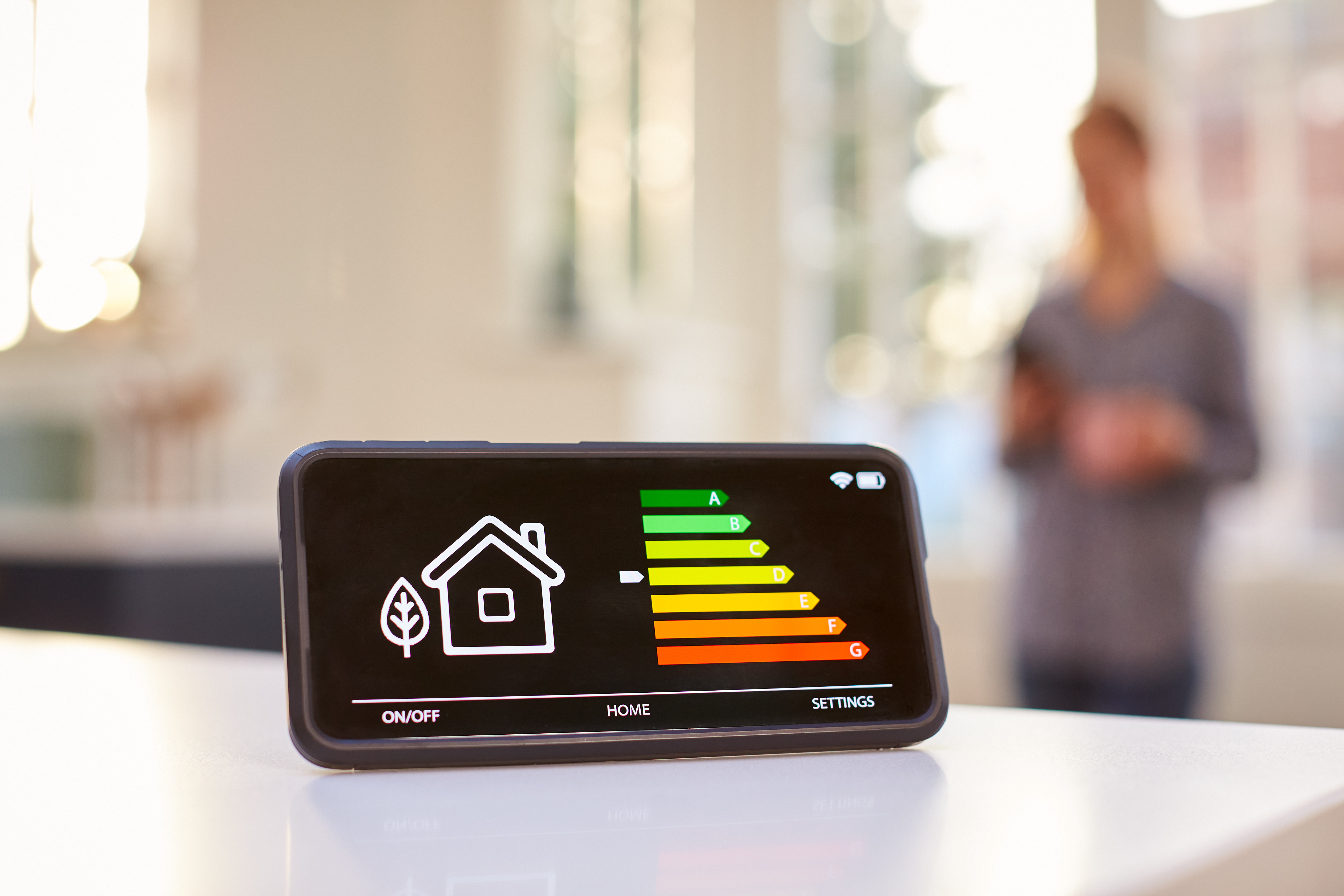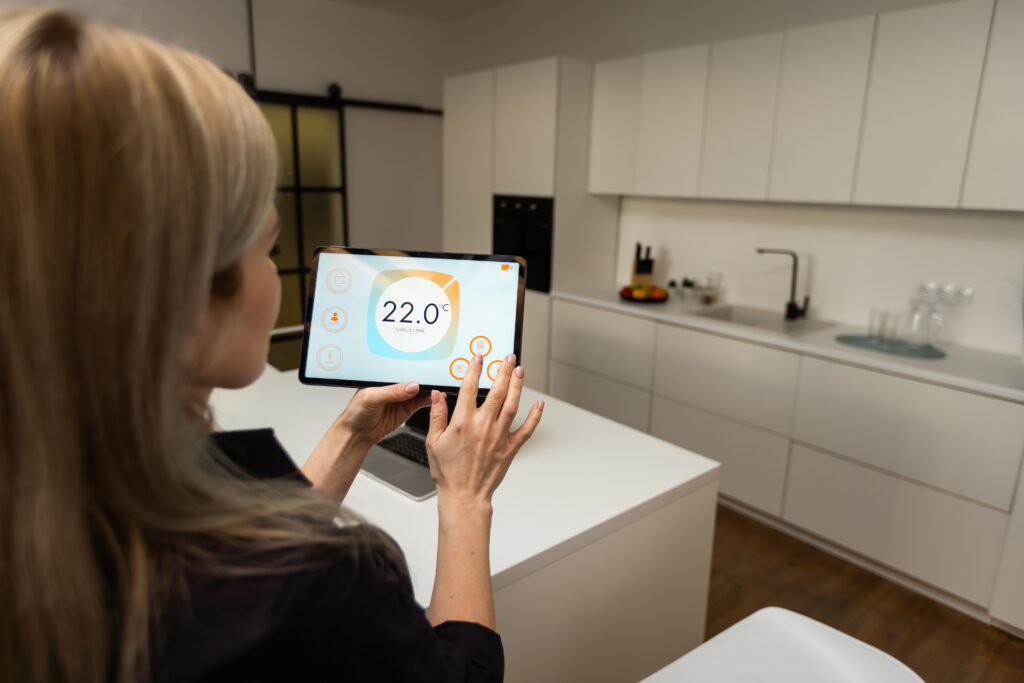Introduction
In an era where environmental sustainability and cost savings are paramount concerns, energy efficiency in buildings has taken center stage. Whether you’re managing a residential property or overseeing a commercial space, implementing energy-efficient measures can yield a multitude of benefits. In this blog post, we’ll explore some of the primary advantages of prioritizing energy efficiency in your buildings.
- Cost Savings
One of the most tangible benefits of energy efficiency is the reduction in operational costs. Energy-efficient buildings consume less electricity and fuel, resulting in lower utility bills. For homeowners, this means more money in their pockets each month. For businesses, it translates into increased profitability and competitiveness. Over time, the savings can be substantial, making energy efficiency a smart financial investment.
- Environmental Sustainability
Energy-efficient buildings have a significantly lower carbon footprint. Reduced energy consumption means fewer greenhouse gas emissions, contributing to a cleaner and healthier environment. By lowering your building’s impact on the planet, you’re not only doing your part to combat climate change but also aligning your brand or home with eco-conscious values.
- Enhanced Comfort
Energy-efficient buildings often feature advanced HVAC systems, better insulation, and improved windows and doors. These enhancements create a more comfortable indoor environment for occupants. Homes and offices stay cooler in the summer and warmer in the winter, leading to increased occupant satisfaction and productivity.
- Long-Term Value
Energy-efficient buildings tend to have higher resale values. Potential buyers and tenants are increasingly prioritizing energy efficiency when making real estate decisions. Investing in energy-efficient upgrades can boost your property’s attractiveness in the market, making it easier to sell or lease at a competitive price.
- Reduced Maintenance Costs
Energy-efficient building components, such as high-quality windows, LED lighting, and modern HVAC systems, often require less maintenance. This means fewer repair and replacement costs over time. Additionally, many energy-efficient upgrades come with extended warranties, providing further peace of mind.
- Government Incentives
Many governments and local authorities offer incentives, rebates, and tax credits for energy-efficient building upgrades. These financial incentives can offset the initial costs of energy-efficient improvements, making them even more attractive to property owners.
- Compliance with Regulations
Energy efficiency is becoming a legal requirement in many places. Building codes and regulations are evolving to encourage and enforce energy-efficient practices. Staying ahead of these regulations not only avoids potential fines but also positions your building as a responsible and forward-thinking entity.
Conclusion
Prioritizing energy efficiency in buildings is a win-win proposition. It delivers immediate financial benefits through cost savings while simultaneously contributing to a sustainable future. Whether you’re a homeowner looking to reduce your energy bills or a business owner seeking to improve your bottom line and corporate image, investing in energy efficiency is a smart choice that pays dividends in the long run. By making energy-efficient upgrades and adopting sustainable practices, you can enjoy a more comfortable, environmentally friendly, and economically viable building.





